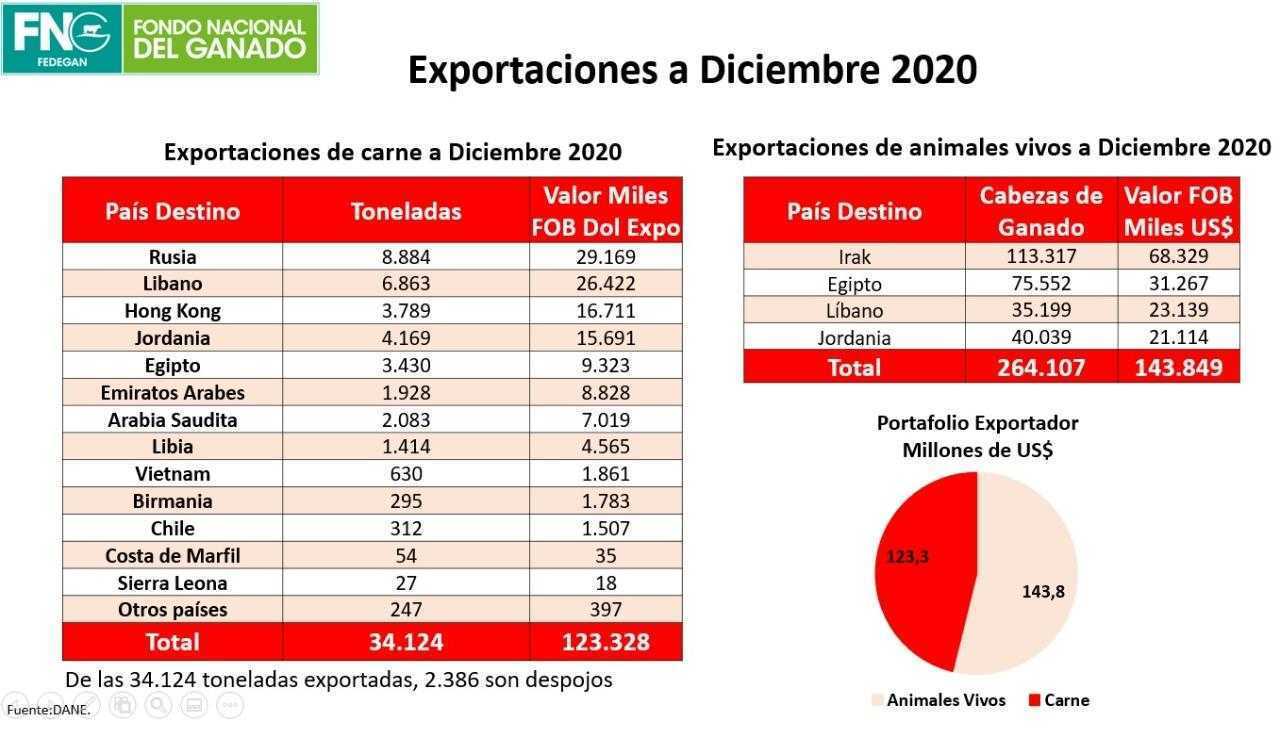The Paradox Of Trump's Energy Policy: Cheap Oil And The US Energy Sector

Table of Contents
The Boom in Domestic Oil Production
The Trump administration's approach to energy heavily favored domestic fossil fuel production, leading to a significant boom. This was driven primarily by two key factors:
Fracking and Shale Oil Revolution: Increased drilling and fracking, fueled by deregulation and supportive policies, led to a surge in US oil production.
- Reduced environmental regulations: The administration rolled back numerous environmental regulations, including those related to methane emissions and water pollution, streamlining the permitting process for drilling operations.
- Streamlined permitting processes: The administration expedited the approval process for drilling permits on federal lands, significantly reducing bureaucratic hurdles.
- Increased access to federal lands for drilling: More federal lands were opened up for oil and gas exploration and extraction, further boosting domestic production.
The impact was dramatic. Data from the Energy Information Administration (EIA) shows a marked increase in US crude oil production during the Trump years, exceeding 12 million barrels per day by 2019, a significant jump from previous years. This increase was largely attributed to the expansion of shale oil production in regions like the Permian Basin in Texas and New Mexico.
Impact on Global Oil Prices: This increased US oil supply significantly influenced global oil markets. The greater availability of crude oil contributed to lower global oil prices, creating a ripple effect.
- Lower gas prices at the pump: Consumers directly benefited from lower gas prices, providing a boost to disposable income and stimulating economic activity.
- Impact on inflation: The decrease in energy prices helped keep inflation low, further bolstering the overall economy.
- Implications for OPEC: The rise of US shale oil production challenged the dominance of OPEC (Organization of the Petroleum Exporting Countries), impacting their ability to control global oil prices.
The Challenges Faced by the US Energy Sector
While consumers enjoyed lower energy costs, the boom in domestic oil production also presented serious challenges for the US energy sector.
Price Volatility and Profitability: Cheap oil, a consequence of increased supply, led to decreased profitability for many oil and gas companies, especially smaller, independent producers.
- Bankruptcies in the oil and gas industry: Several smaller oil and gas companies filed for bankruptcy due to low oil prices, unable to sustain operations at such reduced margins.
- Job losses in certain regions: The downturn in profitability led to job losses, particularly in regions heavily reliant on the oil and gas industry.
- Reduced investment in exploration and development: Facing squeezed profit margins, many companies cut back on investments in exploration and new technologies, hindering future growth and innovation.
For instance, the number of oil and gas bankruptcies spiked in 2015-2016 and again in 2020, highlighting the vulnerability of the sector to price fluctuations.
The Dilemma of Subsidies and Government Support: Despite the apparent success in boosting domestic energy production, the oil and gas industry continued to rely on government subsidies and support.
- Tax breaks for fossil fuel companies: The Trump administration continued and expanded various tax breaks and incentives for fossil fuel companies.
- Government loan guarantees: The government provided loan guarantees and other financial support to certain energy projects, demonstrating ongoing reliance on government assistance.
- Ongoing debates about the role of subsidies: The continued reliance on subsidies sparked ongoing debates about the appropriate role of government intervention in the energy market.
Environmental Concerns and the Legacy of Trump's Energy Policy
Trump's energy policy, with its emphasis on fossil fuel production, had significant environmental consequences.
Increased Greenhouse Gas Emissions: The increased production and consumption of fossil fuels led to a rise in greenhouse gas emissions, exacerbating concerns about climate change.
- Data on carbon emissions during the Trump administration: Data from the EIA shows an increase in US carbon emissions during this period, partially offset by increases in renewable energy.
- Impact on global climate goals: The rise in US emissions hindered global efforts to meet the targets set by the Paris Agreement.
- Criticism from environmental groups: Environmental groups strongly criticized the administration's policies for their negative impact on climate change.
Neglect of Renewable Energy Development: While fossil fuel production thrived, investment and development in renewable energy sources like solar and wind power remained relatively stagnant.
- Comparison of government spending on fossil fuels vs. renewables: Government spending heavily favored fossil fuels over renewable energy, reflecting policy priorities.
- Potential missed opportunities for green job creation: The lack of investment in renewable energy meant missed opportunities for creating jobs in a growing sector.
- Long-term energy security implications: Over-reliance on fossil fuels raises questions about long-term energy security and the vulnerability to price shocks and geopolitical instability.
Conclusion:
Trump's energy policy created a paradox: cheap oil benefited consumers, but it also strained the US energy sector and raised significant environmental concerns. While the administration achieved its goal of boosting domestic oil production, the long-term consequences of neglecting renewable energy development and prioritizing fossil fuels remain a subject of debate. Understanding this paradox is crucial for formulating effective and sustainable energy policies in the future. For further insights into the complexities of Trump's energy policy and its continuing impact, explore relevant research and analyses.

Featured Posts
-
 Exportaciones Ganaderas Uruguayas El Impacto Del Inusual Regalo A China
May 12, 2025
Exportaciones Ganaderas Uruguayas El Impacto Del Inusual Regalo A China
May 12, 2025 -
 James O Keefes Latest Sting New Allegations Against Prince Andrew
May 12, 2025
James O Keefes Latest Sting New Allegations Against Prince Andrew
May 12, 2025 -
 Scenes De Menages Gerard Hernandez Parle De Son Partenariat Avec Chantal Ladesou
May 12, 2025
Scenes De Menages Gerard Hernandez Parle De Son Partenariat Avec Chantal Ladesou
May 12, 2025 -
 Atelier D Artiste La Visite Exceptionnelle De Sylvester Stallone
May 12, 2025
Atelier D Artiste La Visite Exceptionnelle De Sylvester Stallone
May 12, 2025 -
 Dutch Activist Marjolein Faber Files Charges Following Controversial Photo Incident
May 12, 2025
Dutch Activist Marjolein Faber Files Charges Following Controversial Photo Incident
May 12, 2025
Latest Posts
-
 Zber Dat Pre Atlas Romskych Komunit April 2024
May 13, 2025
Zber Dat Pre Atlas Romskych Komunit April 2024
May 13, 2025 -
 Novy Atlas Romskych Komunit Zaciname Zbierat Data V Aprili
May 13, 2025
Novy Atlas Romskych Komunit Zaciname Zbierat Data V Aprili
May 13, 2025 -
 Atlas Romskych Komunit Dolezita Aktualizacia Vdaka Jarnemu Zberu Dat
May 13, 2025
Atlas Romskych Komunit Dolezita Aktualizacia Vdaka Jarnemu Zberu Dat
May 13, 2025 -
 April Prinasa Zber Dat Pre Novy Atlas Romskych Komunit
May 13, 2025
April Prinasa Zber Dat Pre Novy Atlas Romskych Komunit
May 13, 2025 -
 Aktualizacia Atlasu Romskych Komunit Zber Dat Startuje V Aprili
May 13, 2025
Aktualizacia Atlasu Romskych Komunit Zber Dat Startuje V Aprili
May 13, 2025
